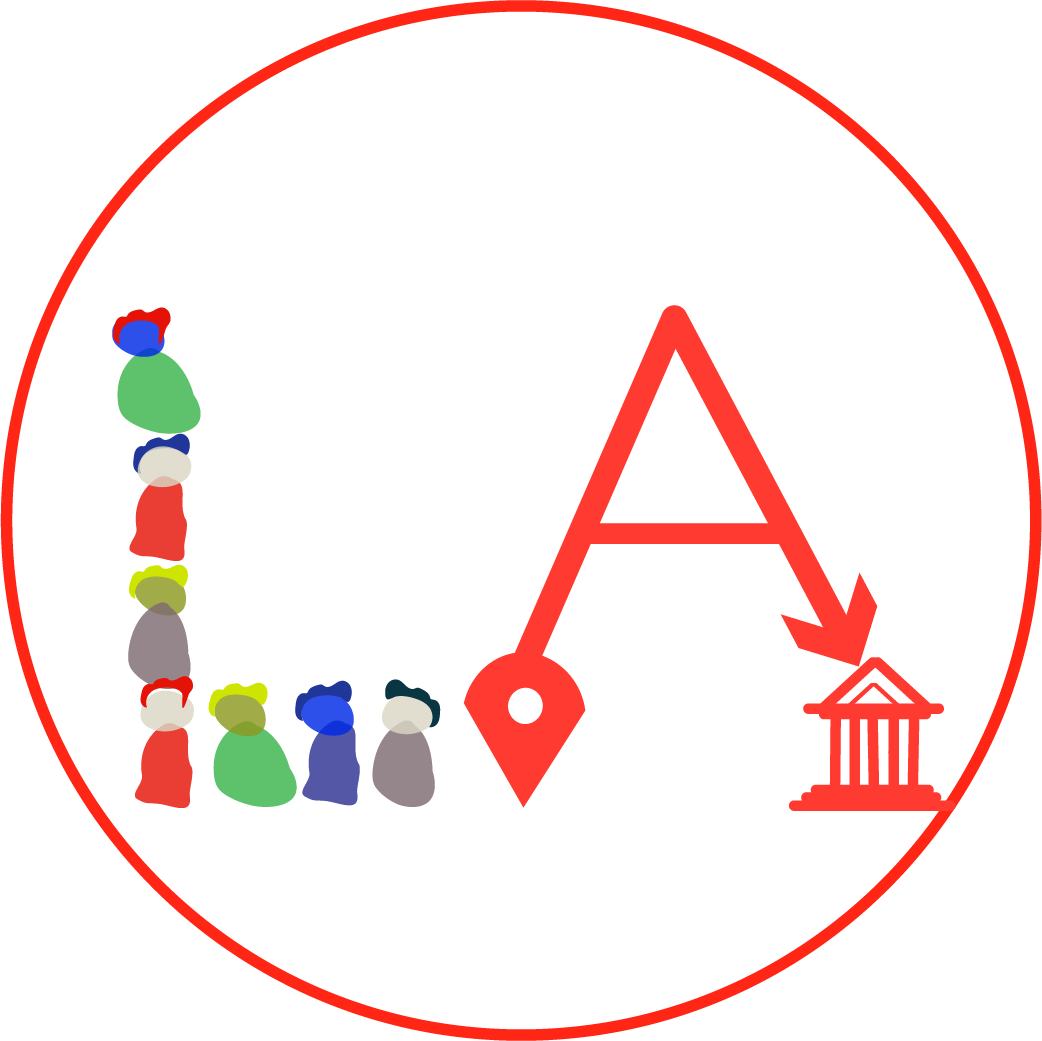PITCHER is an EU funded project aiming to provide open educational materials for teachers for new learning courses on the prevention of illicit trafficking of cultural goods. The project is in its starting phase and we curiously await their work.
PITCHER follows the recommendations of the NETCHER EU project on the looting of cultural goods, emphasising the need for more educational awareness on the subject. At the academic and professional level, the cultural sector is well versed in the topic, however, at a local and regional scale, the individual’s perspective varies. Unfortunately, people often accidentally discover cultural goods, especially in regions with rich history, and sell or keep them instead of alerting cultural organisations. Thus, creating an educational framework supporting the topic at earlier levels in life will promote the protection of cultural goods and dissuade looting.
The project will create a new model targeting youth illustrating how they can support the fight against illicit looting and trafficking of cultural properties. PITCHER will address school teachers building their capacity and awareness on the topic. The project will create a framework and methodology, leading to the design and testing of open educational resources online and offline based on STEAM Education. Furthermore, the project will aid schools in providing their students with the necessary thinking and tools to tackle this problem in adulthood. Teachers will receive help in lesson and workshop planning on the subject utilising current European digital collections.
Awaiting the creation and release of the educational materials PITCHER’s website has assembled resources available on the topic. These entail the NETCHER project, international policy publications and more.
Our take
The illicit trafficking of cultural heritage is an important topic to address, institutions worldwide make consistent efforts to inform and handle the issue, change needs to occur at a local and earlier level. PITCHER’s approach to introducing to educators and schools means to offer learning experiences is a remarkably big step in the fight against looting and trafficking of cultural goods. As it builds a sound foundation of understanding the values of cultural heritage, providing the incentive of their long-term and extensive benefits, such as identity and social cohesion, over the short term gain of looting.
I want to learn more:
Lynn Meskell-Archaeology Under Fire- Nationalism, Politics and Heritage in the Eastern Mediterranean and Middle East
Philip L. Kohl, Clare Fawcett-Nationalism, politics, and the practice of archaeology
Antomarchi et al-Teaching Risk Management of Collections Internationally

